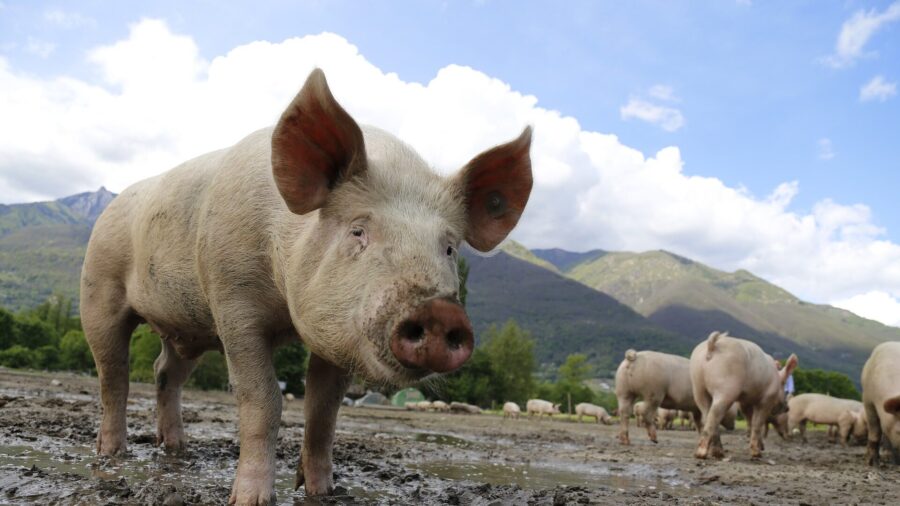The First Human With A Pig Heart Transplant Has Died
The first person to receive a pig heart transplant has passed away two months after the procedure. It was the first of its kind.
This article is more than 2 years old

A couple of months ago, medical history happened when a pig heart was transplanted into a human for the very first time. It represented a major medical breakthrough and offered plenty of hope in the field of medicine that there could, at some point, be more alternatives available for those in desperate need of transplants for failing organs. While optimism on a macro level might still remains high around these procedures, sad news was reported this week when it was announced that the first recipient of this kind of transplant had passed away. According to Science Alert, and other sources, David Bennett passed away this week at the age of 57.
David Bennett was being cared for at the University of Maryland Medical Center where the original pig heart transplant had been performed. Though it had been reported that following the surgery things were progressing quite well for Bennett, in recent days his condition had taken a turn for the worst. No official cause of death was reported, but according to other reporting, infections might have been the root of the issue with doctors possibly unable to manage conditions along these lines. CNN has it that Bennett was able to keep in contact with his family in his final days and had enjoyed trying to get back to a “normal” life since the original transplant.
While a two-month timeline following this pig heart transplant procedure might seem incredibly contracted, it does appear that on the whole doctors are positive for the science around this solution in the future. And it’s important to note here that Bennett received this treatment and was a part of this experimental procedure because he had been initially rejected from the human heart transplant list. That latter piece wasn’t an option for the patient which is why there was an agreement to try this other solution.
And another piece to note about this transplant is that doctors were using a genetically modified pig heart from a company called Revivicor, made specifically to begin working in this new avenue of science. There is a feeling that major gains can continue in this medical field in order to produce more viable organs that will ultimately lead to longer life expectancy. In Bennett’s case, it appears that doctors were hoping for the best and seeking to gather as much information as possible around how to better improve the chances for others in the future.
Why have doctors begun exploring the use of pig hearts and other solutions (like a baboon heart used years ago in the first of its kind procedure)? Well, that’s because there remains a major gap in those who require transplants of some sort and available organs for the procedure. AP News estimates that while there were 41,000 transplants performed last year (3,800 for the heart), an additional 106,000 people are still sitting on waiting lists. In all, this pig heart transplant was a groundbreaking moment in modern medicine. We are likely to see more attempts at this in future years especially if the demand for those needing transplants remains high.












